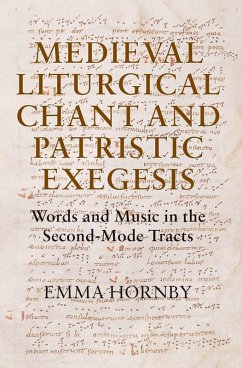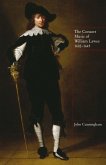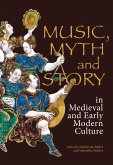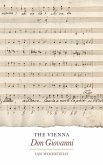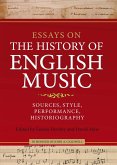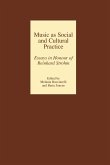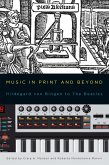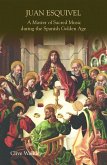A sensitive and detailed investigation of the complex relationship between text and music in medieval chant.
How do text and melody relate in western liturgical chant? Is the music simply an abstract vehicle for the text, or does it articulate textual structure and meaning? These questions are addressed here through a case study of the second-mode tracts, lengthy and complex solo chants for Lent, which were created in the papal choir of Rome before the mid-eighth century. These partially formulaic chants function as exegesis, with non-syntactical text divisions and emphatic musical phrases promoting certain directions of inner meditation in both performers and listeners. Dr Hornby compares the four second-mode tracts representing the core repertory to related ninth-century Frankish chants, showing that their structural and aesthetic principles are neither Frankish nor a function of their notation in the earliest extant manuscripts, but are instead a well-remembered written reflection of a long oral tradition, stemming from Rome.
Dr EMMA HORNBY teaches in the Department of Music at the University of Bristol.
How do text and melody relate in western liturgical chant? Is the music simply an abstract vehicle for the text, or does it articulate textual structure and meaning? These questions are addressed here through a case study of the second-mode tracts, lengthy and complex solo chants for Lent, which were created in the papal choir of Rome before the mid-eighth century. These partially formulaic chants function as exegesis, with non-syntactical text divisions and emphatic musical phrases promoting certain directions of inner meditation in both performers and listeners. Dr Hornby compares the four second-mode tracts representing the core repertory to related ninth-century Frankish chants, showing that their structural and aesthetic principles are neither Frankish nor a function of their notation in the earliest extant manuscripts, but are instead a well-remembered written reflection of a long oral tradition, stemming from Rome.
Dr EMMA HORNBY teaches in the Department of Music at the University of Bristol.
Dieser Download kann aus rechtlichen Gründen nur mit Rechnungsadresse in A, D ausgeliefert werden.

